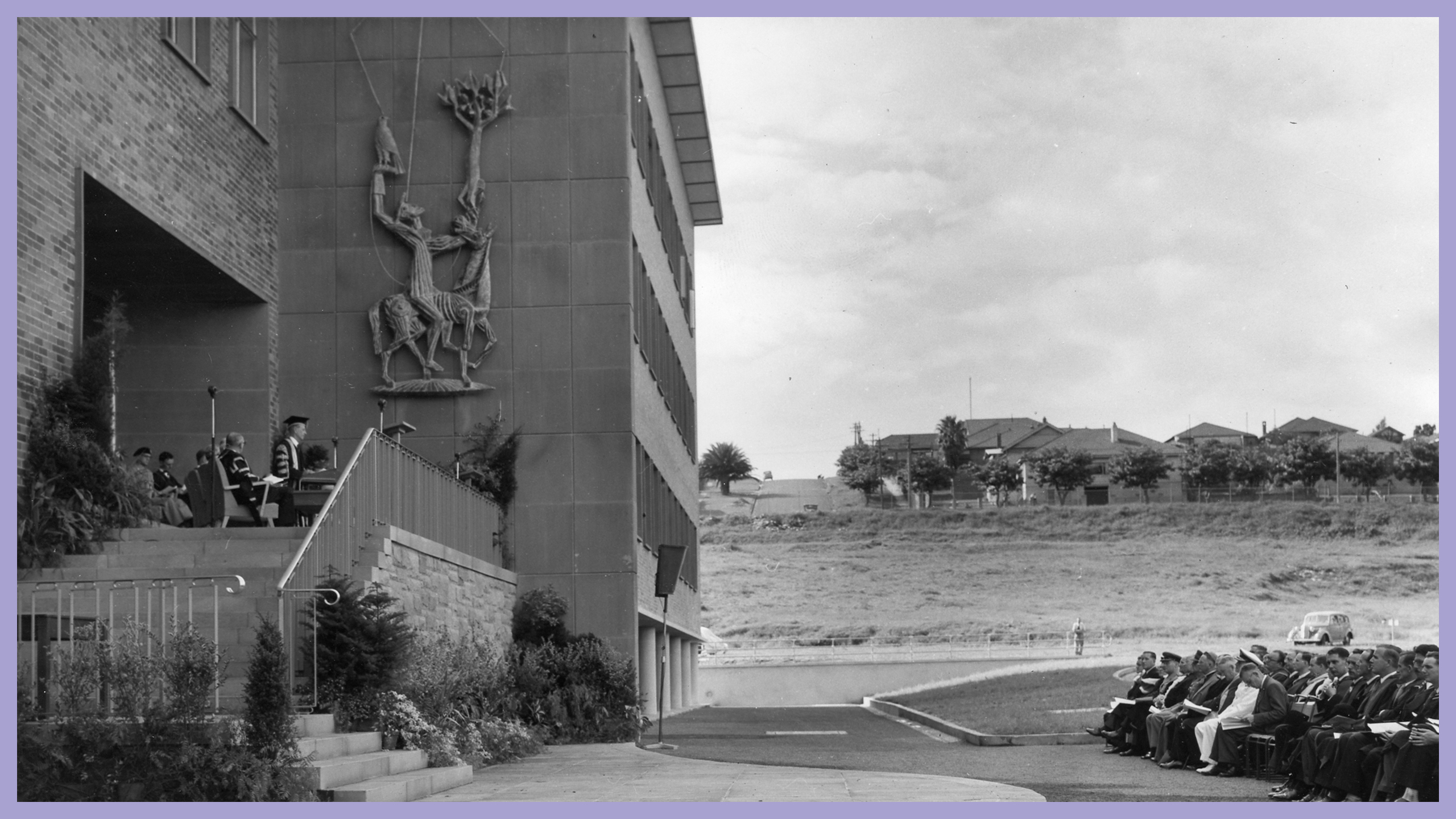Money, Power and AI: From Automated Banks to Automated States

Conference Program
AI and automated decision-making tools promise money and unmatched power to banks and governments alike: not only, so the saying goes, will they know everything about their citizens and customers, but will also be able to predict their behaviour, preferences and opinions. A global consulting firm McKinsey estimates that AI technologies will unlock 1 trillion dollars additional value for global banking industry every year. No wonder, governments around the world are quick to jump on the AI bandwagon, expecting increased efficiency, reduced costs and better insights into their populations. But will AI and automated decision-making meet these promises?
Many of us are researching these cutting-edge issues from different angles and starting points. Some researchers focus on AI-driven innovation in the industry or public sector. Some are passionate about justice and new harms that arise when business and governments automate their decisions. Others look at how AI is transforming wider structures of economy and governance. Yet, we rarely talk to each other.
Divided by artificial disciplinary distinctions of ‘public’ and ‘private’ law, we hardly appreciate that many automated decision-making and AI tools, which governments are eagerly applying today, have been developed and experimented with for decades in the private sector. For example, we do not often talk about how China’s Social Credit System has roots in automated credit scoring in the financial industry. Similarly, we do not discuss how data-enabled fraud detection, used in the Australian Robo-Debt system, has long been a common practice in the banking industry. India’s national ID system Aadhaar incorporates many different automated decision-making and AI tools, such as facial recognition and profiling, long experimented with in the private sector.
As these examples illustrate, technology tools, along with the broader managerial culture, are often transferred from private corporations to government departments. At the same time, governments are the ones funding the initial development of these tools, later to be commercialized by corporations. Corporate and trade secrecy means we simply don’t know how latest technology is used by the industry and what new tools are being developed at the moment. Yet, these tools will soon reach public administrations, and will be incorporated into ever larger Automated States, dealing with welfare, taxes and public money. Such close and mutually reinforcing relationship between the industry and public administration could teach us about the future possibilities and societal dangers of AI and automated decision-making in finance and public administration. It could also teach us about accountability, better regulation, and scrutiny.
In this conference, we want to promote dialogue between the ‘public’ and ‘private’ lawyers and scholars, technology critics, enthusiasts and pessimists about “Money, Power and AI”. Sharing our different perspectives can lead to a more holistic understanding of the shifts that are reshaping our financial and public institutions, our economies and societies.
Contributions to the conference include reflections on the following questions:.
- How automated decision-making and AI tools are reshaping financial industry and or/public administration? What is the history and roots of the use of such tools? In what business and/or public policy areas automated decision-making and AI tools have been most prominent? Why?
- The relationship between industry and states and the transfer of technology and AI culture & tools. What are the benefits, limits and dangers of such close ties? What can we learn about the power and the future of money from long history of cooperation between business and governments?
- The role of regulators in AI and automated decision-making: how public regulators should enforce existing laws to tackle new dangers and harms that arise from automated decision-making and AI tools? Or are regulators too focused on innovation, turning a blind eye to potential dangers and harms of AI tools? What does this mean for the Automated State, which, as we know, is often an adopter of these AI tools from the private industry?
- How legal and regulatory framework can promote not only AI innovation, but also its benefits for communities and society? What does such framework entail? Are these two different goals compatible, and who benefits?
- How AI and automated decision-making in financial sector and public administration affect various rights, such as privacy, data protection and cybersecurity? What about other human rights, in particular, economic and social rights?
- The role of financial and digital literacy in financial sector and public administration: how certain communities are excluded, discriminated, or further marginalized by AI tools?
- What new accountability frameworks are needed to reflect the shifting power of Automated Banks and Automated States?
Conference Format & Registration
COVID restrictions permitting, the conference will be held in-person and online, all times are in Australian Eastern Daylight Time (AEDT)
- 29 November 2021 (Monday) – in-person conference at UNSW Sydney (Law Building, Theatre G04) live-streamed, 9 am to 4.30 pm. Morning & afternoon tea and lunch will be provided for participants;
- 29 November 2021 (Monday) – online sessions 6 pm - 7 pm (in English) and 7 pm to 9 pm (in Spanish);
- 30 November 2021 (Tuesday) – online sessions 12 pm to 2.30 pm (in English) and 7pm to 9pm (in spanish).
Both in-person and online registration is free.
Conference Papers & Edited Collection
Selected papers will be invited to be published in a post-conference edited collection, titled: “Money, Power and AI: From Automated Banks to Automated States” with around 10 contributions of 6.000-8.000 words. Full papers will need to be provided by 1st March 2022. When sending in your abstract please indicate whether you are interested in contributing to the edited collection, we will provide further details in due course.
View Conference Program (in English and Spanish) here
Conference Organisers
- Zofia Bednarz is a Research Associate with the Centre for Law, Markets and Regulation UNSW, and will soon be a Lecturer at Sydney Law School. Zofia's research focuses on commercial law and technology, company law and consumer contracts.
- Monika Zalnieriute is a Senior Lecturer and Australian Research Council DECRA Fellow at UNSW Sydney. Monika’s research explores the interplay between law, technology, and politics. She is also an Investigator at the ARC Centre of Excellence for Automated Decision-Making and Society.
Conference Hosts and Sponsors
- Centre for Law, Markets and Regulation, a joint initiative of the Faculty of Law & Justice and UNSW Business School, is the premier research centre for the study of the dynamics of market regulation. The Centre’s work is distinctive in the range of market institutions it studies, its focus on understanding the nature and effects of regulation, and its attention to the social justice dimensions of regulation.
- Allens Hub for Technology and Innovation is an independent community of scholars based at UNSW Sydney. As a partnership between Allens and UNSW Law, the Hub adds breadth and depth to research on the diverse interactions among technological change, law, and legal practice. The partnership enriches academic and policy debates and drives considered reform of law and practice.
- Australian Human Rights Institute breaks silos between academic research and real-world problems to progress human rights. Building on the outstanding legacy of the Australian Human Rights Centre, the Institute delivers multidisciplinary, applied research, empowering communities and educating the next generation of human rights leaders. It works in partnership with government, industry and human rights defenders through advocacy, education and public engagement to achieve impact.
- ARC Centre of Excellence for Automated Decision-Making and Society (ADM+S) brings together universities, industry, government and the community to support the development of responsible, ethical and inclusive automated decision-making. The Centre combines leading researchers from the humanities, social and technological sciences and works with technologists, policy-makers, and public communicators.
Acknowledgments
In addition to the hosts and sponsors listed above, this conference is also partially funded by the Australian Research Council Discovery Early Career Research Award (‘Artificial Intelligence Decision-Making, Privacy and Discrimination Laws’, project number DE210101183) and by the Santander Financial institute (SANFI) award for Early Career Researchers (‘Regulating the Use of AI and Big Data in Retail Financial Services: Promoting Innovation and Preventing Consumer Harm’).
We acknowledge the Bedegal people of the Eora Nation that are the Traditional Custodians of this land in which UNSW is situated. We pay our respects to their Elders past, present and emerging.



